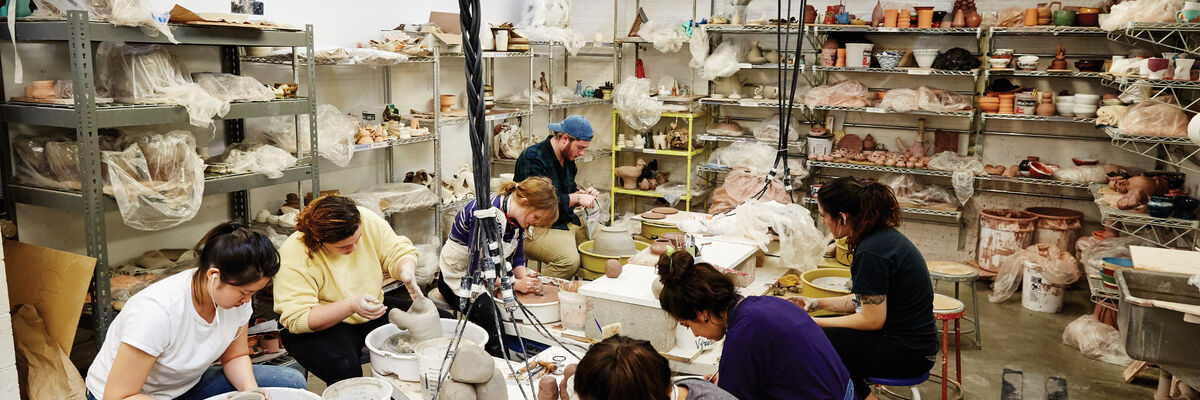
Sonic Storyteller
by Anjulie Rao (MA 2014)
Catching the L to work, grabbing a taxi to a concert—seemingly unimportant tasks involving transportation—are gainful experiences of sound and culture in the work of SAIC alum Milad Mozari (MFA 2013). The 2013 recipient of the Clare Rosen and Samuel Edes Foundation Semi-Finalist Prize for Emerging Artists, Mozari investigates sound and its function within mobile sites, from advertising trucks in South Korea to manually operated elevators. His work encapsulates the depth and complexities of sound, pushing the boundaries of site, space, and the histories captured by the cultural connections associated within.
Mozari’s work is based on the idea of mobile sites, which are, "sites that are traveling at all times and trying to thread historical continuities and discontinuities,” he explains. Space becomes a site as he moves his sonic experimentations to more transient loci. In his 2011 work, Penta-Rudiment, Mozari created five sound compositions consisting of traditional Korean drums and live microphones, which he broadcasted through a closed circuit on five advertising trucks in Ansan, South Korea. This broadcast was then streamed at CultureHub in New York City. The piece embodies many layers: The sounds of Korean drums, live-recorded sounds from the streets of Ansan, and their reassembling in a gallery.
The layers are elemental as well as conceptual. States Mozari, "Finding vehicles that we have contact with every day; transport systems that not only travel through, but are representative of, social sites [and] codified behavior. Not only is sound being captured in interesting ways, but there are also layers of socioeconomic status, gender, ethnicity, and personal stories that are encapsulated in these mobile sites that are represented by vehicles.”
His finalized works are literal vehicles for history and storytelling. His piece, The Iron Rod, juxtaposes two different oral trajectories—Mormon hymnals, and an Iranian improvisational music tradition called the Radif—through a performance that takes place in the back of a taxi. The hymn is sung and followed by a series of performances that gradually abstract the original work, displacing it from the original site as the taxi drives throughout Chicago.
In The Iron Rod, abstraction is obtained through repetition and ornamentation. Mozari says, "I gravitate toward sounds that need re-articulation of what they historically represent by being reverberated. There is a notion of classical music where it is so distant from the actual point of transcription—but we still hear it—so there is an historical travel. It is a transitory space; not from point A or point B, but the space in between, figuring out how stories and sound travel in that space.”
Mozari’s current work has isolated point A and point B to a new spot in Chicago: the Fine Arts Building—one of the last buildings in the city that employs a manually operated elevator. Mozari is creating a short film that examines the building—"the ascending and descending of the structure itself. I’m looking at the history of the building, and how past, present, and future collapse on itself in this mobile site,” he says. This "vertical view of history,” as Mozari calls it, will continue his lineage of examining the intricacies of personal and public history through sound, solidifying himself as a sonic storyteller.
